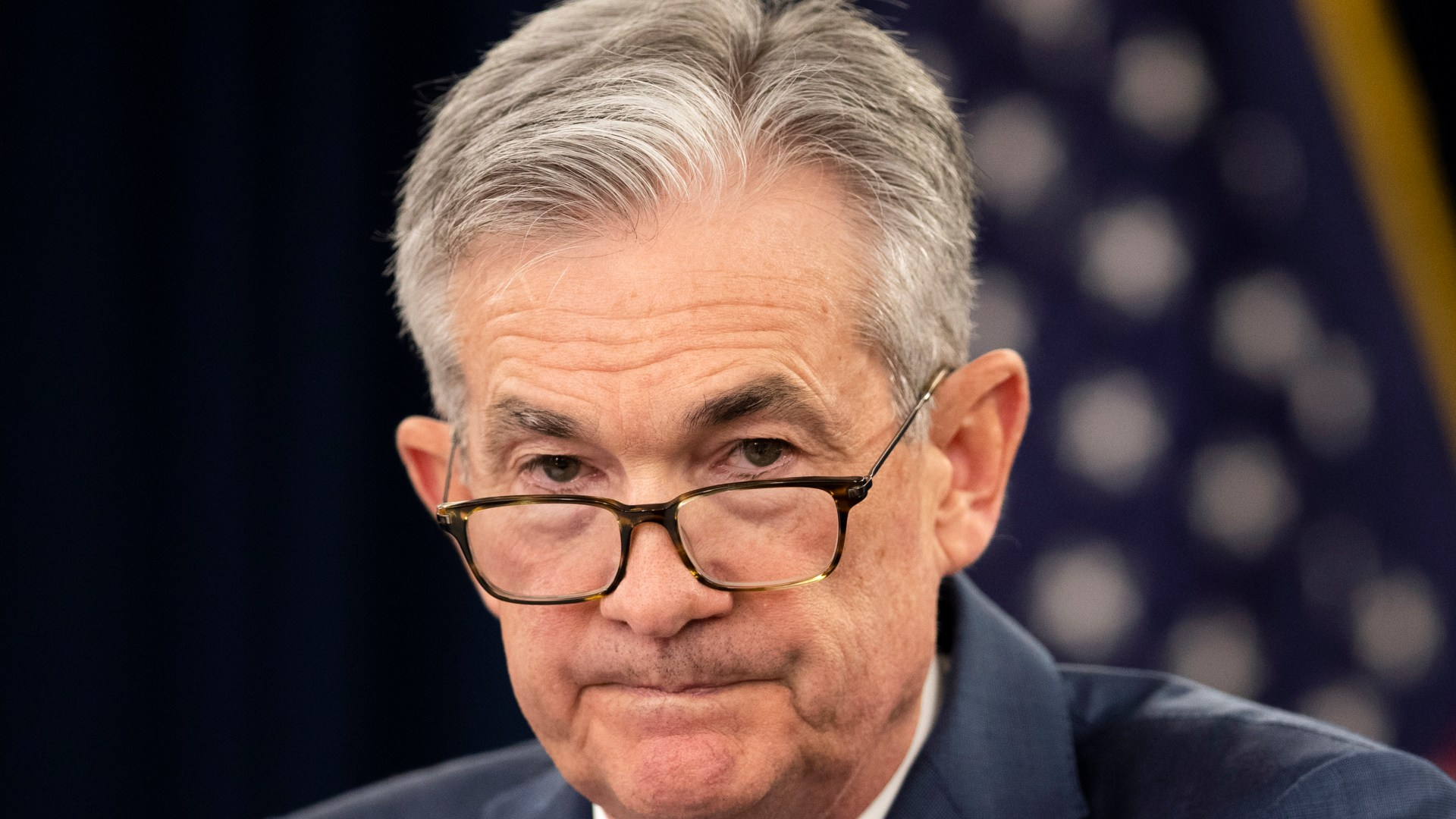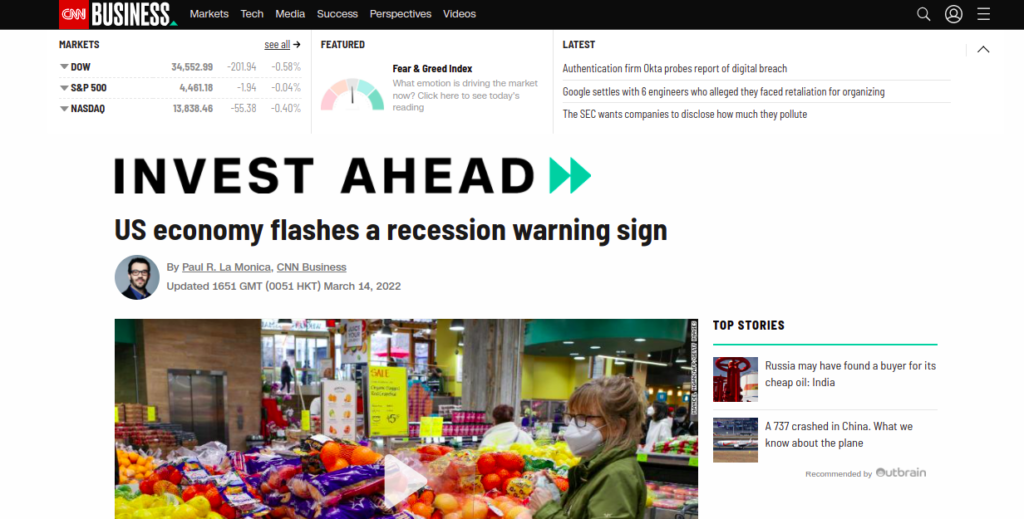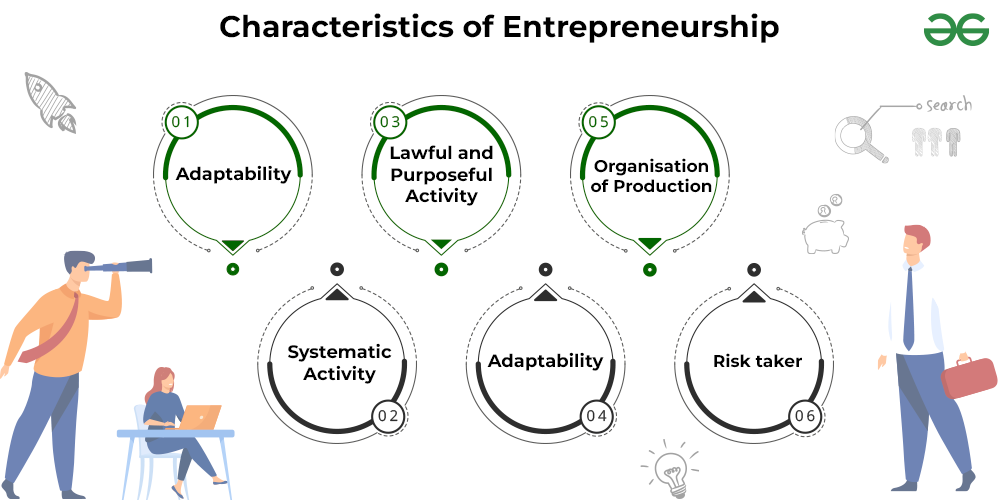Federal Reserve Chairman Jerome Powell has emerged as a pivotal figure in the ongoing discourse surrounding monetary policy and economic stability in the United States. His relationship with President Trump has been anything but smooth, marked by public disagreements over interest rates and economic approaches. The conflict between Trump and Powell raises critical questions about Fed independence, as Trump hinted at the possibility of firing Powell, which could provoke significant market reactions. Analysts warn that such a move could undermine the long-established credibility of the Federal Reserve, complicating its mission to control inflation. As the markets grapple with the implications of these political dynamics, the role of the Fed chairman becomes increasingly crucial in navigating the complex landscape of U.S. economic policy.
The leadership of the U.S. central banking system plays a vital role in shaping national economic strategies. The head of this institution must balance the administration’s preferences with the Fed’s commitment to a stable monetary framework. Tensions between the executive branch and the chair’s philosophy on financial matters often create significant ripples in the market. The discourse surrounding the potential removal of the chairman speaks volumes about institutional independence, which many believe is essential for maintaining economic equilibrium. Understanding the interactions between political influences and monetary governance is key to deciphering the future of economic policies.
Trump vs. Powell: A Tumultuous Relationship
The relationship between President Donald Trump and Federal Reserve Chairman Jerome Powell has been anything but smooth. Their disagreements primarily revolve around monetary policy decisions, particularly concerning interest rates. Trump has publicly criticized Powell for not cutting rates aggressively enough, believing that a more accommodative monetary policy would stimulate economic growth. The tension escalated when Trump hinted at potentially dismissing Powell, a move that he later backtracked on. This back-and-forth not only highlights the contentious nature of their working relationship but also raises questions about the independence of the Federal Reserve and its ability to implement monetary policy without political interference.
Market reactions to the Trump-Powell conflict underscore the concerns regarding the Federal Reserve’s autonomy. Analysts have pointed out that Trump’s threats to fire Powell could lead to significant instability and uncertainty in financial markets. Investors fear that such a move might trigger a shift towards a more lenient monetary policy that prioritizes short-term gains over long-term economic health. The possibility of undermining the Fed’s credibility as an inflation-fighting institution could have lasting implications for interest rates, potentially increasing them in the long run and disrupting market confidence.
The Impact of Fed Independence on Monetary Policy
The independence of the Federal Reserve is crucial for maintaining a stable and effective monetary policy. This autonomy allows the Fed to make decisions based on economic conditions rather than political pressures, which is especially important during times of economic uncertainty. Trump’s public remarks about Powell indicate a willingness to intervene in Fed decisions, raising alarms about the potential erosion of its independence. If the President were to successfully remove Powell, it could set a dangerous precedent that undermines the institution’s ability to function effectively and make unbiased decisions regarding interest rates and inflation targeting.
Experts argue that maintaining a strong and independent Federal Reserve is vital for economic stability. Historical examples demonstrate that political interference can lead to poor monetary policy outcomes, contributing to financial crises and market instability. As the Fed is tasked with navigating complex economic landscapes, it requires the flexibility to make tough decisions without fear of political repercussions. The current tension between the Trump administration and the Fed emphasizes the importance of maintaining this independence, as market perceptions heavily influence interest rates and economic forecasts.
Analyzing Market Reactions to Political Interference
Market reactions often serve as a litmus test for the potential implications of political actions on the economy. When Trump’s threats to fire Powell surfaced, feelings of uncertainty swept through Wall Street, as investors grappled with the implications for future monetary policy. A significant aspect of market dynamics is how closely they watch developments at the Fed since the institution plays a key role in regulating interest rates and controlling inflation. Concerns about a potential change in leadership could lead to increased volatility, driving investors to react cautiously amid fears of tighter monetary conditions or inconsistent policy approaches.
Additionally, the anticipated market impact from any attempt to remove Powell serves as a deterrent to such actions. The drastic shift in market sentiment could outweigh any perceived short-term benefits of altering the Fed’s leadership. For instance, rising long-term interest rates could significantly affect borrowing costs, ultimately impacting consumer spending and business investment. Therefore, political leaders must consider the broader repercussions of their actions, as they could catalyze market behaviors that further complicate the economic landscape.
The Legal Framework of Fed Chair Removal
The legal framework surrounding the removal of the Federal Reserve Chair is complex. Under the Federal Reserve Act of 1913, while the governors can be removed for cause, it is not as clear-cut when it comes to the Chair’s position. This ambiguity raises significant questions about whether a president can dismiss the chair unilaterally. The 1970s amendment to the Federal Reserve Act introduced a Senate confirmation requirement for the Chair, but whether this iteration offers
Frequently Asked Questions
Can President Trump fire the Federal Reserve Chairman, Jerome Powell?
While President Trump has openly criticized Federal Reserve Chairman Jerome Powell and suggested he may consider firing him, the legal authority for such action is complex. The Federal Reserve Act allows for the removal of Board members ‘for cause,’ but it does not explicitly clarify the rules surrounding the chair’s position. Analysts note that firing Powell could undermine the Fed’s independence and negatively impact market confidence.
What are the implications of the Trump-Powell conflict on the Federal Reserve’s independence?
The conflict between President Trump and Federal Reserve Chairman Jerome Powell raises significant concerns about the independence of the Federal Reserve. If the president were to remove Powell, it could be interpreted as an attempt to influence monetary policy, which might damage the Fed’s perceived impartiality and credibility. This could lead to increased market uncertainty and volatility.
How does Trump’s view on interest rates clash with Powell’s monetary policy?
President Trump has repeatedly criticized Jerome Powell for not aggressively lowering interest rates to stimulate the economy. This conflict highlights differences in their economic philosophies: Trump favors a more accommodative monetary policy to promote immediate growth, while Powell is focused on maintaining inflation targets and long-term economic stability.
What would be the potential market reaction if Powell were removed by Trump?
If President Trump were to attempt to remove Federal Reserve Chairman Jerome Powell, analysts predict a substantial negative market reaction. Such a move could signal a shift toward a more lenient monetary policy, alarming investors and potentially leading to spikes in long-term interest rates due to increased inflation fears.
How could Trump’s policies affect inflation and monetary policy under Powell’s leadership?
President Trump’s economic policies, including his tariffs, could influence inflation rates and complicate monetary policy decisions by Jerome Powell. Powell has voiced concerns that these policies might lead to higher inflation, affecting the Federal Reserve’s ability to maintain its target of 2% inflation.
What role does the Federal Reserve Chairman play in shaping monetary policy?
The Federal Reserve Chairman, currently Jerome Powell, plays a crucial role in shaping monetary policy, but cannot unilaterally dictate decisions. The chair must build consensus within the Federal Open Market Committee (FOMC), which is composed of other governors and regional bank presidents, to determine interest rates and other monetary policy actions.
What does Wall Street fear regarding the Federal Reserve’s independence and Trump’s potential to remove Powell?
Wall Street fears that if President Trump were to remove Jerome Powell or make changes to the Federal Reserve’s leadership, it might compromise the institution’s independence and credibility. Markets could react negatively, demanding higher yields to compensate for perceived inflation risks, ultimately leading to higher long-term interest rates.
How might Powell’s removal influence future appointments to the Federal Reserve Board?
If Jerome Powell is removed from his position as Federal Reserve Chairman before his term ends, markets may interpret this as a precursor to a shift towards a more accommodative monetary policy. Consequently, the appointment of a new chairman would be closely scrutinized, as investor confidence and expectations would hinge on the new leadership’s approach to monetary policy.
| Key Point | Details |
|---|---|
| Can Trump fire Federal Reserve Chairman? | While there is a legal basis concerning removal, Trump’s past suggestions may unsettle markets. Powell has stated such removal is ‘not permitted under the law.’ |
| Trump’s Relationship with Powell | Trump nominated Powell in 2017 but later criticized him for not stimulating the economy aggressively through interest rate cuts. |
| Legal Grounds for Removal | The Federal Reserve Act allows removal for cause, but the chair’s four-year term remains ambiguous in terms of legal protection against removal. |
| Market Reactions | Any attempt to remove Powell would likely result in significant market volatility, impacting interest rates and economic stability. |
| Impact on Central Bank Independence | Removal may undermine the credibility of the Fed, as markets fear potential shifts towards a more accommodative monetary policy. |
| Chair’s Power in Policy Discussions | The chair must build consensus within the FOMC; they do not have unilateral power in dictating policies. |
| Future Considerations | Even if Powell completes his term, his successor’s identity will greatly interest markets. |
Summary
The Federal Reserve Chairman, Jerome Powell, remains a pivotal figure in U.S. economic policy amidst a backdrop of political tension with President Trump. The possibility of the President removing Powell presents significant implications for both market stability and the central bank’s independence. While Trump’s earlier suggestions to oust Powell have led to market unease, the legal framework surrounding such a move remains contentious and largely untested. As the economy continues to navigate through turbulent waters, the preservation of the Fed’s institutional integrity and Powell’s term could serve as a stabilizing factor for financial markets.










Leave a Reply